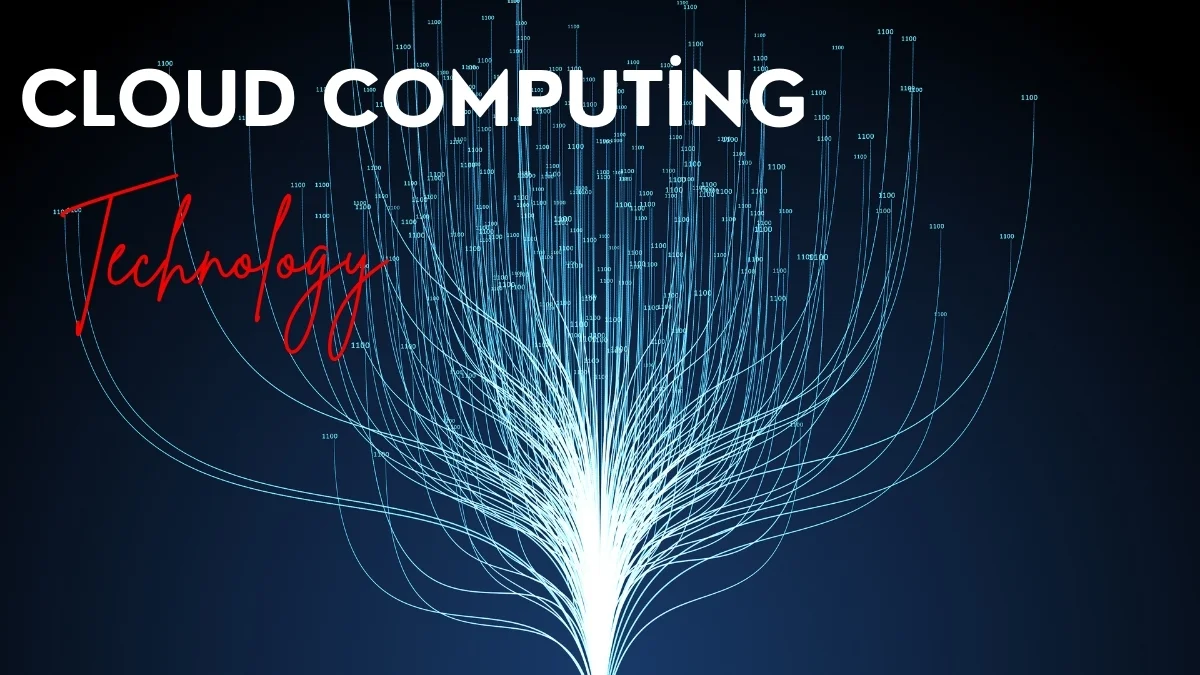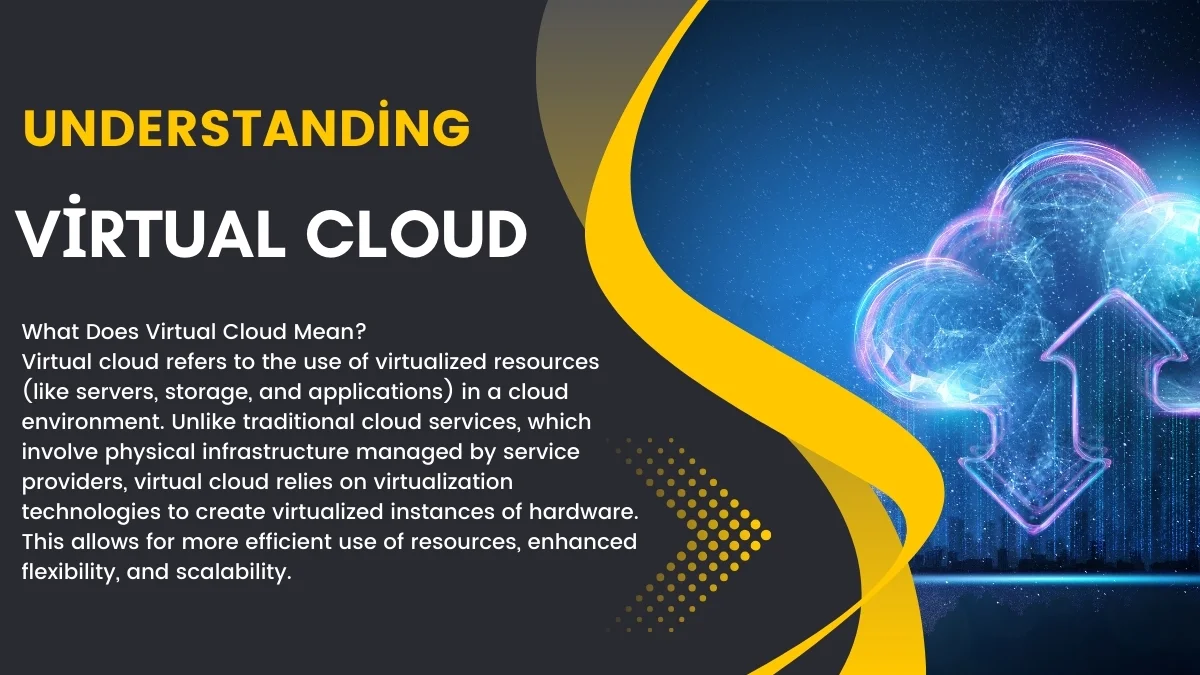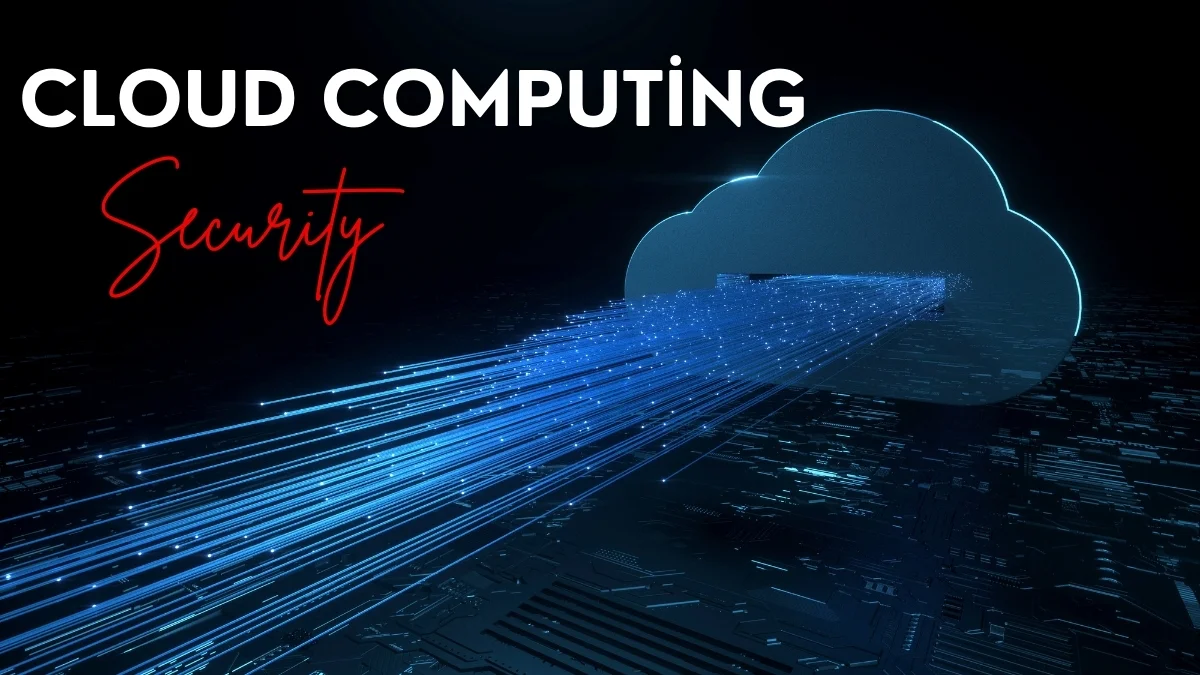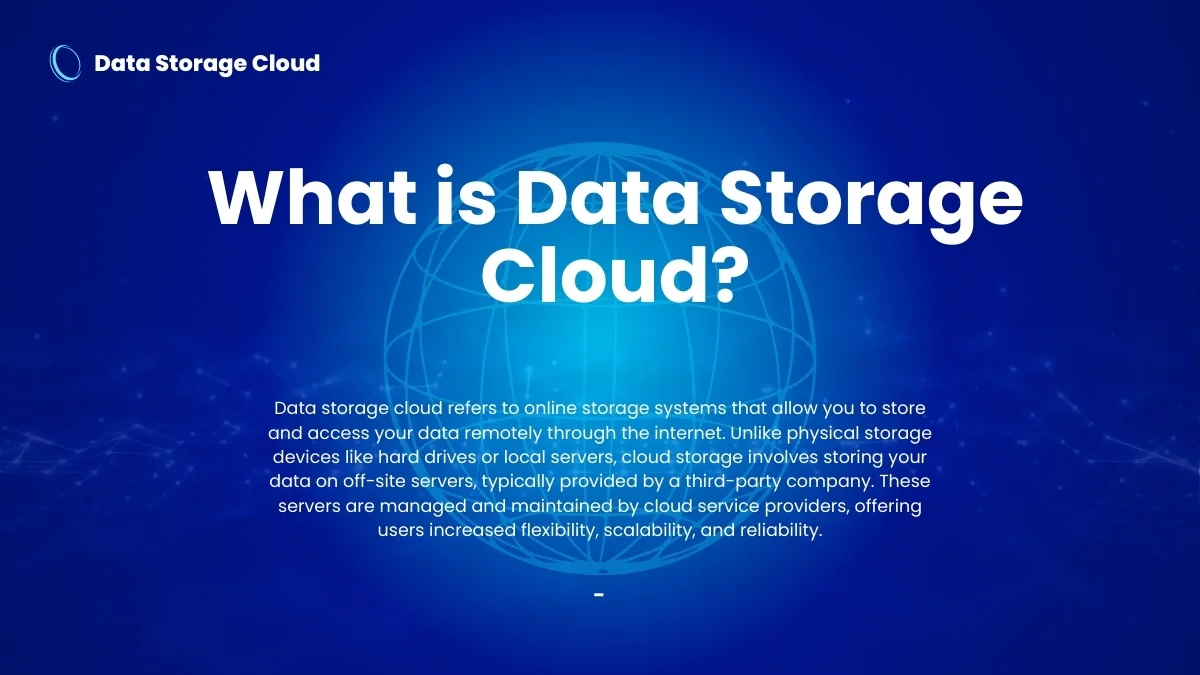Understanding Cloud Computing Technology: The Future of Digital Solutions
Cloud computing technology has revolutionized the way businesses and individuals store, process, and manage data. As more services move to the cloud, understanding how this technology works and how it benefits various industries has never been more important. In this article, we’ll explore the fundamentals of cloud computing technology, its benefits, types, security measures, and its role in shaping the future of digital services.
What is Cloud Computing Technology?
The Basics of Cloud Computing
Simply put, cloud computing technology refers to the delivery of computing services like servers, storage, databases, networking, and software over the internet (the “cloud”). Instead of relying on physical infrastructure, businesses and individuals can access these resources on-demand from cloud providers such as AWS, Microsoft Azure, or Google Cloud. This model allows users to pay only for the resources they use, making it highly cost-effective.
How Cloud Computing Works
Cloud computing operates by leveraging remote servers that are hosted on the internet. These servers run software and store data in data centers spread across the globe. When you access a cloud service, your request is processed on these remote servers, and the results are sent back to your device. It’s much like renting space in a digital warehouse—there’s no need to buy or maintain expensive hardware.
Key Components of Cloud Computing Technology
Cloud Storage
One of the core components of cloud computing technology is cloud storage. Instead of storing files on a local hard drive or physical server, data is stored remotely in a cloud. Cloud storage services like Google Drive, Dropbox, and OneDrive allow users to access their files from any device with an internet connection, promoting greater flexibility and mobility.
Cloud Servers
Cloud servers are virtual servers that run on cloud infrastructure. These servers replicate the functionality of physical servers but without the need for businesses to own and maintain the hardware. Providers offer various configurations, including virtual private servers (VPS) or fully dedicated cloud servers, allowing businesses to scale their operations with ease.
Cloud-Based Applications
Cloud-based applications are software programs that run on cloud infrastructure rather than being installed on a local computer. Examples include Google Docs, Office 365, and CRM software like Salesforce. These applications are accessible from any internet-enabled device, which makes collaboration and remote work much easier.
Benefits of Cloud Computing Technology
Scalability and Flexibility
One of the biggest benefits of cloud computing technology is its scalability. Need more storage or processing power? You can easily upgrade your cloud services with just a few clicks. This flexibility allows businesses to adapt quickly to changing demands without the need for physical infrastructure upgrades.
Cost Efficiency
Cloud computing eliminates the need to invest in expensive hardware and infrastructure. Instead, businesses pay for the resources they consume, typically through a subscription or pay-per-use model. This results in substantial cost savings, especially for small businesses and startups with limited budgets.
Improved Collaboration
Cloud computing fosters collaboration by allowing multiple users to access and edit documents, applications, and data simultaneously from different locations. Cloud-based tools such as Google Drive, Slack, and Microsoft Teams make teamwork easier, even if team members are scattered across the globe.
Types of Cloud Computing Models
Public Cloud
A public cloud is a cloud service offered by third-party providers and is available to anyone. These clouds are typically shared among many customers, making them cost-effective but sometimes less secure than private clouds. Popular public cloud providers include Amazon Web Services (AWS), Microsoft Azure, and Google Cloud.
Private Cloud
A private cloud is a cloud environment dedicated to a single organization. This model provides more control over the infrastructure, security, and compliance requirements. Businesses that deal with sensitive data or need greater customization often prefer private clouds.
Hybrid Cloud
A hybrid cloud combines both public and private cloud models. This allows businesses to store sensitive data on private cloud infrastructure while taking advantage of the scalability and cost-efficiency of the public cloud for less sensitive workloads.
Security in Cloud Computing
Data Protection and Encryption
Security is a major concern in cloud computing technology, especially when it comes to data protection. To address this, cloud providers use encryption to protect data both in transit and at rest. Strong encryption standards ensure that only authorized users can access sensitive information.
Access Control and Identity Management
Cloud services often include robust identity and access management tools. These tools allow businesses to control who can access specific data and applications in the cloud. Multi-factor authentication (MFA) is commonly used to enhance security, ensuring that only verified users can log in to cloud services.
Challenges of Cloud Computing Technology
Downtime and Service Reliability
Although cloud computing technology offers many advantages, service downtime can be an issue. Cloud providers often guarantee high uptime, but no system is foolproof. Businesses must ensure that their cloud services have proper backup and disaster recovery plans in place to mitigate downtime.
Data Privacy Concerns
Privacy is a growing concern when it comes to cloud computing. Storing sensitive information on remote servers means that businesses are at the mercy of the cloud provider’s security practices. It’s essential for businesses to thoroughly vet cloud providers for their data protection policies and compliance with regulations like GDPR and HIPAA.
How Cloud Computing Technology is Shaping the Future
AI and Machine Learning Integration
Cloud computing has opened the door to advanced technologies like artificial intelligence (AI) and machine learning (ML). By leveraging the computational power of the cloud, businesses can run complex algorithms and analyze large datasets in real time, driving innovation and improving decision-making processes.
IoT and Cloud Computing
The Internet of Things (IoT) and cloud computing go hand in hand. Cloud platforms provide the infrastructure needed to store and analyze the massive amounts of data generated by IoT devices. This synergy enables smarter cities, homes, and industries with real-time data processing capabilities.
Conclusion
Cloud computing technology is not just a passing trend; it’s the future of digital infrastructure. With its scalability, cost-efficiency, and ability to drive innovation, cloud computing is transforming industries, enhancing collaboration, and enabling businesses to stay competitive in a fast-changing world. As the technology continues to evolve, so will the opportunities for businesses to optimize their operations and leverage data-driven insights.
Frequently Asked Questions (FAQs)
- What is cloud computing technology?
- Cloud computing technology refers to the delivery of computing services like servers, storage, and software over the internet, allowing businesses to access resources on-demand.
- How does cloud computing work?
- Cloud computing works by using remote servers hosted on the internet. Data and applications are processed on these servers and sent back to users’ devices, eliminating the need for physical infrastructure.
- What are the different types of cloud models?
- The three main types of cloud models are public, private, and hybrid clouds, each offering different levels of control, security, and scalability.
- Is cloud computing secure?
- Yes, cloud computing is secure, with providers implementing encryption, identity management, and access control to protect data. However, businesses must ensure they choose a reliable and compliant provider.
- How does cloud computing impact businesses?
- Cloud computing enables businesses to scale quickly, reduce costs, and improve collaboration. It also helps companies leverage advanced technologies like AI and IoT, fostering innovation and efficiency.








